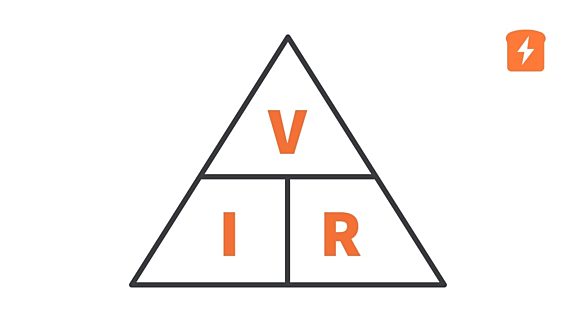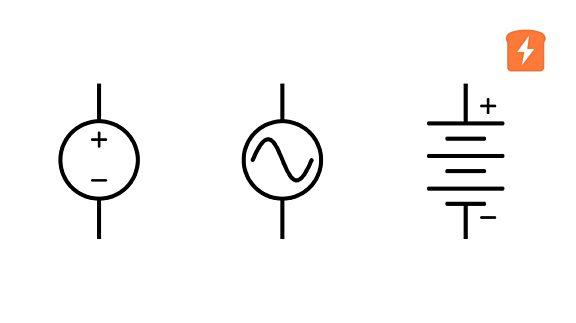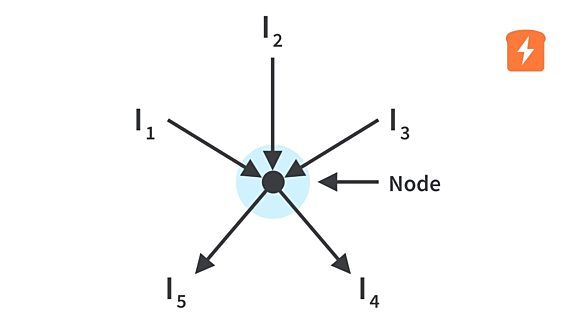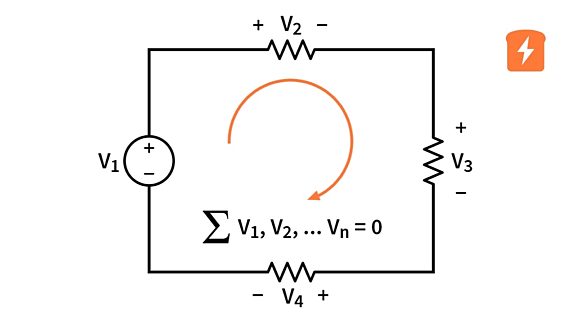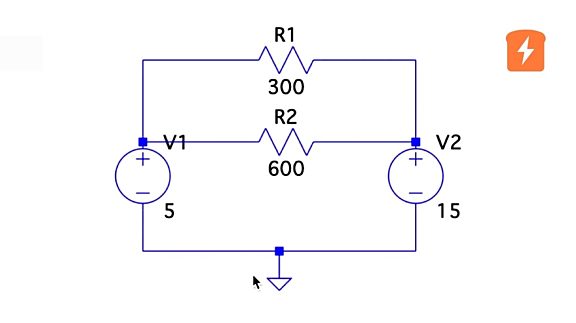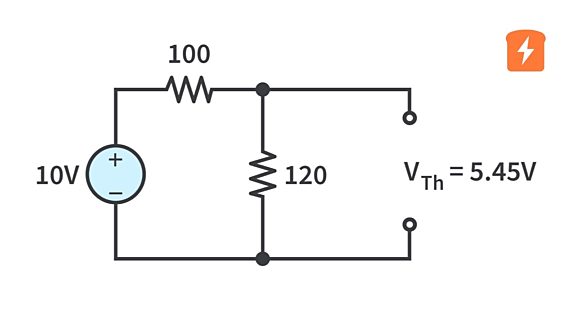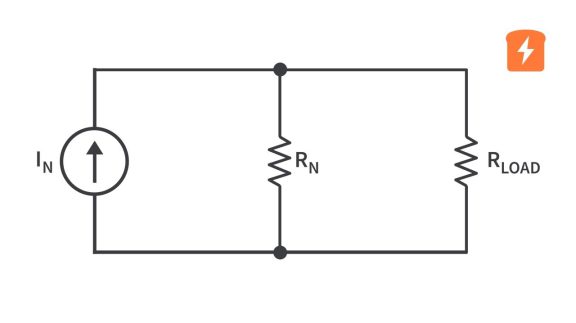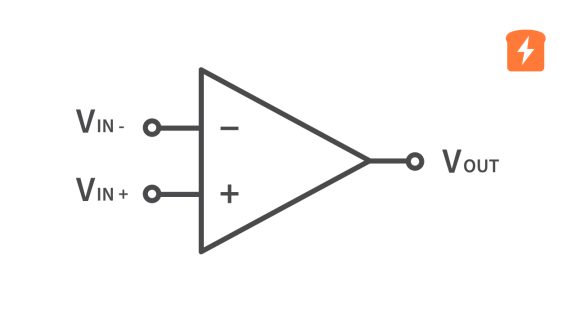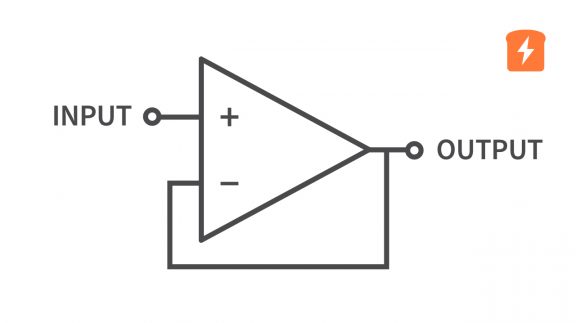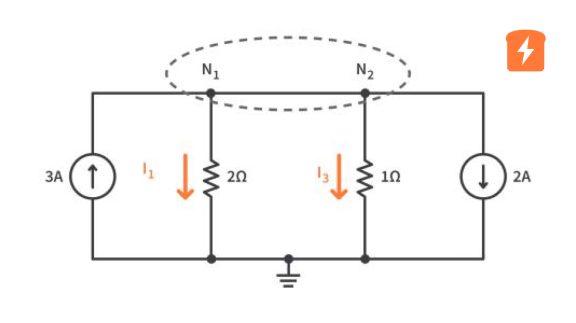Circuits 101
Deepening understanding of basic circuits through clear explanations of electricity ...
Deepening understanding of basic circuits through clear explanations of electricity fundamentals and clear distinctions between power and energy. ...
Deepening understanding of basic circuits through clear explanations of electricity fundamentals and clear distinctions between power and energy. Boosting circuit comprehension ...
Learn through practical problem-solving and grasp the basics of Ohm’s Law which is the ...
Learn through practical problem-solving and grasp the basics of Ohm’s Law which is the cornerstone of basic circuits.
Learn through practical problem-solving and grasp the basics of Ohm’s Law which is the cornerstone of basic circuits.
This guide lifts the veil on the complicated world of circuits, explaining the role of ...
This guide lifts the veil on the complicated world of circuits, explaining the role of branches, nodes, and loops. This knowledge helps to simplify ...
This guide lifts the veil on the complicated world of circuits, explaining the role of branches, nodes, and loops. This knowledge helps to simplify resistors while dealing with ...
An exploration of the role of voltage and current sources in circuits, with emphasis on both ...
An exploration of the role of voltage and current sources in circuits, with emphasis on both independent and dependent power sources.
An exploration of the role of voltage and current sources in circuits, with emphasis on both independent and dependent power sources.
Going beyond the regular, this guide explores the depth and importance of Kirchhoff's Current ...
Going beyond the regular, this guide explores the depth and importance of Kirchhoff's Current Law in circuit analysis, explaining with real examples ...
Going beyond the regular, this guide explores the depth and importance of Kirchhoff's Current Law in circuit analysis, explaining with real examples and simplified terms.
Improve your circuit solving abilities with our advanced tutorial on Kirchhoff's Voltage Law. ...
Improve your circuit solving abilities with our advanced tutorial on Kirchhoff's Voltage Law. Delving into the world of mesh analysis, this article ...
Improve your circuit solving abilities with our advanced tutorial on Kirchhoff's Voltage Law. Delving into the world of mesh analysis, this article provides exemplary solutions ...
This detailed overview of the Superposition Theorem illustrates how to simplify circuits by ...
This detailed overview of the Superposition Theorem illustrates how to simplify circuits by regulating current and voltage sources effectively.
This detailed overview of the Superposition Theorem illustrates how to simplify circuits by regulating current and voltage sources effectively.
Understand the process of circuit solving through Engineering Math paired with Kirchhoff’s ...
Understand the process of circuit solving through Engineering Math paired with Kirchhoff’s laws, and approach methods like the Linear Equations ...
Understand the process of circuit solving through Engineering Math paired with Kirchhoff’s laws, and approach methods like the Linear Equations Calculator.
Enhance your circuit analysis skill set with Thevenin’s Theorem. Incorporate it with ...
Enhance your circuit analysis skill set with Thevenin’s Theorem. Incorporate it with Kirchhoff’s laws, simplify the analysis and create effective ...
Enhance your circuit analysis skill set with Thevenin’s Theorem. Incorporate it with Kirchhoff’s laws, simplify the analysis and create effective equivalent circuits easily.
Learn how to simplify a complex circuit with Norton's Theorem. This tutorial will help you ...
Learn how to simplify a complex circuit with Norton's Theorem. This tutorial will help you understand and apply the concept of a Norton Equivalent ...
Learn how to simplify a complex circuit with Norton's Theorem. This tutorial will help you understand and apply the concept of a Norton Equivalent Circuit.
The article provides a comprehensive introduction to Operational Amplifiers (Op-Amps). It ...
The article provides a comprehensive introduction to Operational Amplifiers (Op-Amps). It walks through their characteristics, and common terminology ...
The article provides a comprehensive introduction to Operational Amplifiers (Op-Amps). It walks through their characteristics, and common terminology which highlights various ...
The article provides a deep insight into Voltage Follower Configuration for Operational ...
The article provides a deep insight into Voltage Follower Configuration for Operational Amplifiers, their application, and comparative details on its ...
The article provides a deep insight into Voltage Follower Configuration for Operational Amplifiers, their application, and comparative details on its benefits and design ...
This article features a step by step procedure on how to derive circuit equations and apply ...
This article features a step by step procedure on how to derive circuit equations and apply some golden rules for an easier approach on common ...
This article features a step by step procedure on how to derive circuit equations and apply some golden rules for an easier approach on common Operational Amplifier(Op-amp) ...
This article explores the working principles, the feedback loops of each configuration, and ...
This article explores the working principles, the feedback loops of each configuration, and mathematical equations associated with Operational ...
This article explores the working principles, the feedback loops of each configuration, and mathematical equations associated with Operational Amplifier (Op-Amp) inverting and ...
Supernode Analysis, an important application of KCL in network analysis, is discussed in ...
Supernode Analysis, an important application of KCL in network analysis, is discussed in detail in this article. It simplifies the finding of branch ...
Supernode Analysis, an important application of KCL in network analysis, is discussed in detail in this article. It simplifies the finding of branch currents when an ideal voltage ...
- 1
- 2
Freshly launched content! We'll be adding more on a regular basis.
Question, comment or suggestion?

